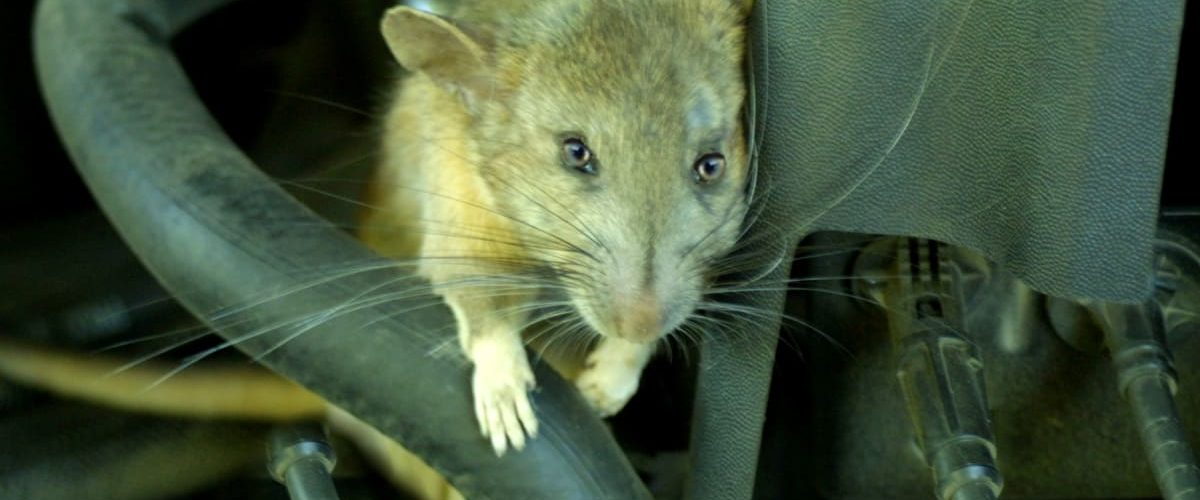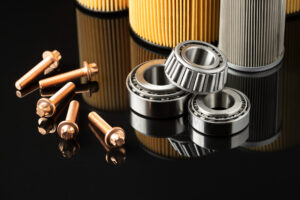Rats and mice can cause colossal damage to your car, ranging from chewing through electrical wires to gorging on upholstery
Rats love dark, balmy places and as winter approaches rodents, similar to humans, will be looking to snuggle up wherever they can find warmth. As it turns out, your car’s engine not only provides 5-star accommodation for them but is also a great source of materials on which they can trim their incisors. Many motorists may be unaware that in order to keep their choppers from over growing, rats – and other rodents – need to chomp constantly, else their teeth could grow to impractical lengths.

The vast number of electrical wires, components and other bits and bobs under the bonnet, make a gourmet buffet for cold, hungry furry pests. Just one well chewed wire could be the difference between your car firing up in the morning and you being magnificently late for the school run.
Is the move towards green mobility to blame?
The problem with rodents feasting on your car’s engine components isn’t new but has become increasingly worse over the years. In the past, auto-makers used polymer-based plastic materials to coat electrical wires in an effort to adhere to global recycling and sustainability policies. This has led to car manufacturers switching to plant based substances instead, which are largely made from soy, corn and rice husks. However, these environmentally friendly, yet appetizing ingredients have turned many vehicles into mobile diners for armies of rats.

Cost of repairs
Bad rodent orthodontics could get you a sympathetic smile from your local technician which will disappear once the conversation turns to the labour intensive and expensive repair work necessary to get your car back in working condition. And of course, rodents partying on your engine components is not covered under warranty.
Tips to keep furry pests at bay
To help keep you from forking out more than a pretty penny for rodent based repair work…..
- Seal every hole in your garage with sheet metal or steel mesh
- Invest in a durable car cover which completes seals your car
- Run your engine every few days (don’t let it sit unused for long periods of time)
- Set mousetraps using blobs of peanut butter or pieces of cheese as bait. Peppermint oil and used cat litter are also effective rodent repellents.
- Get a cat!






